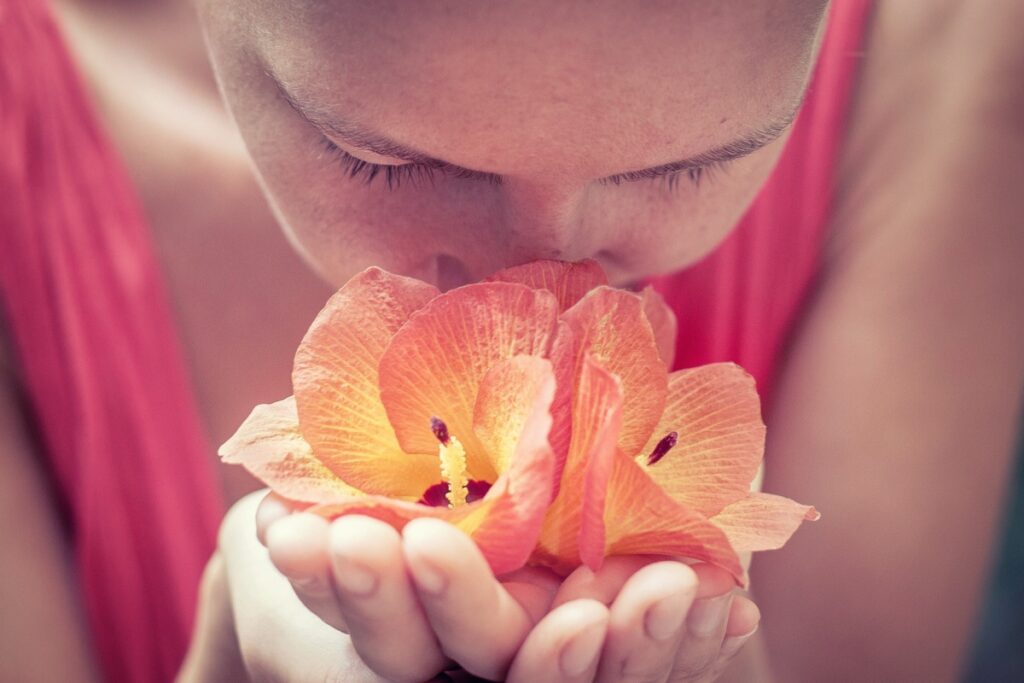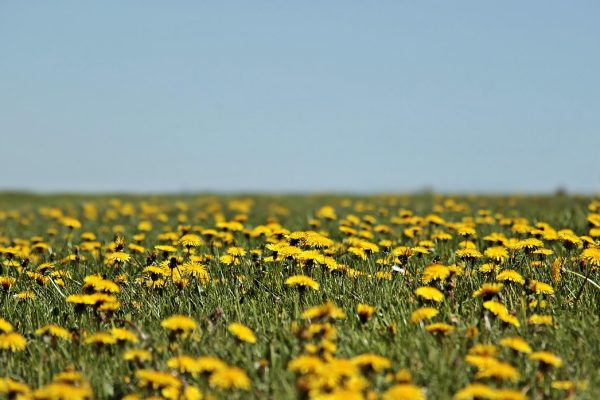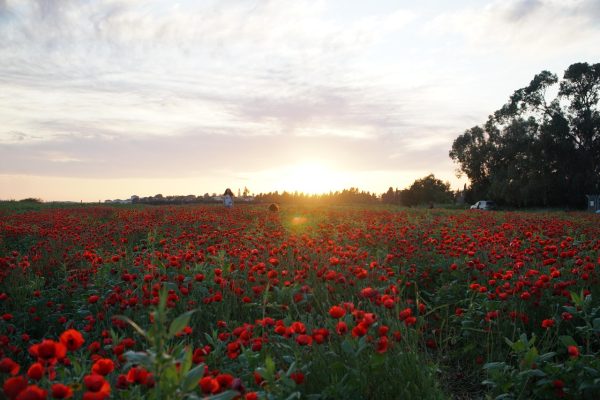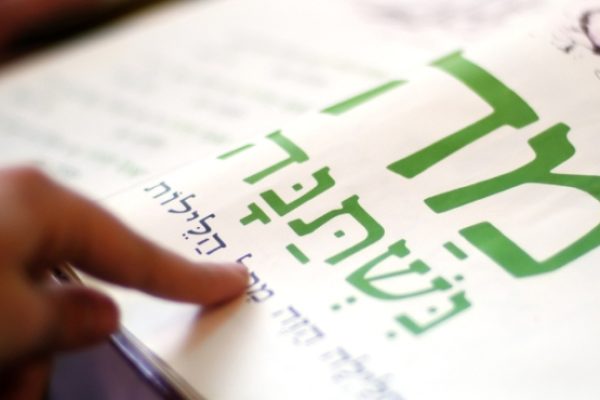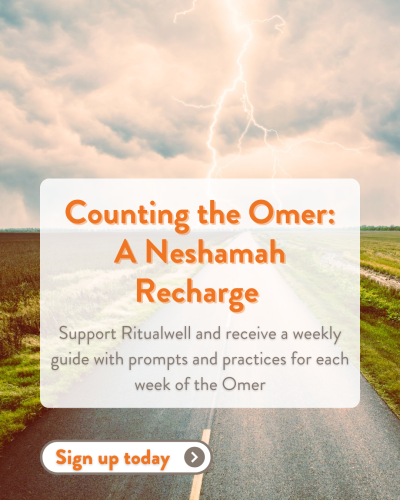Every Yom Kippur, we read the Haftarah—the selection from the Prophets, after the main Torah reading—from the Book of Isaiah. It’s a searing passage, in which the prophet Isaiah excoriates the Israelites for their thinking that their ritual fasting is true piety, while their other actions in the world cause or ignore injustice.
Of course, the two do not have to be mutually exclusive. We can engage in the ritual fasting of Yom Kippur with the intention of allowing our observance of this sacred time to open us more deeply to the needs to the world around us, and strengthen our commitment to working for justice. This is also true for those spending the day in contemplation and not fasting.
Since those fasting don’t say the blessings over food and drink, a tradition developed around smelling fragrant scents on Yom Kippur. It’s a way of adding in some extra blessings, and engaging with the otherworldly feeling of the day.
So this is a new ritual tying the smelling fragrant scents to an intention to hear Isaiah’s call—a way to bring you into the places where transformation and then action reside.
Download the full riutal PDF below (ritual starts on p. 5).
Ritual by Rabbi Danya Ruttenberg, Scholar-in-Residence at the National Council of Jewish Women. Inspired by Jewish values, National Council of Jewish Women strives for social justice by improving the quality of life for women, children, and families and by safeguarding individual rights and freedoms.

